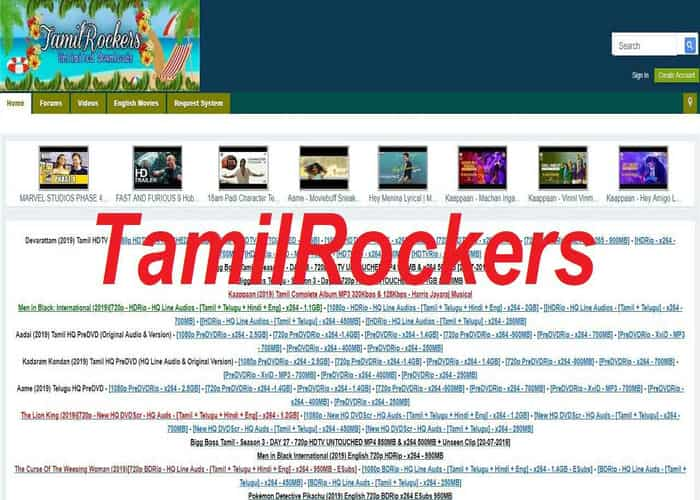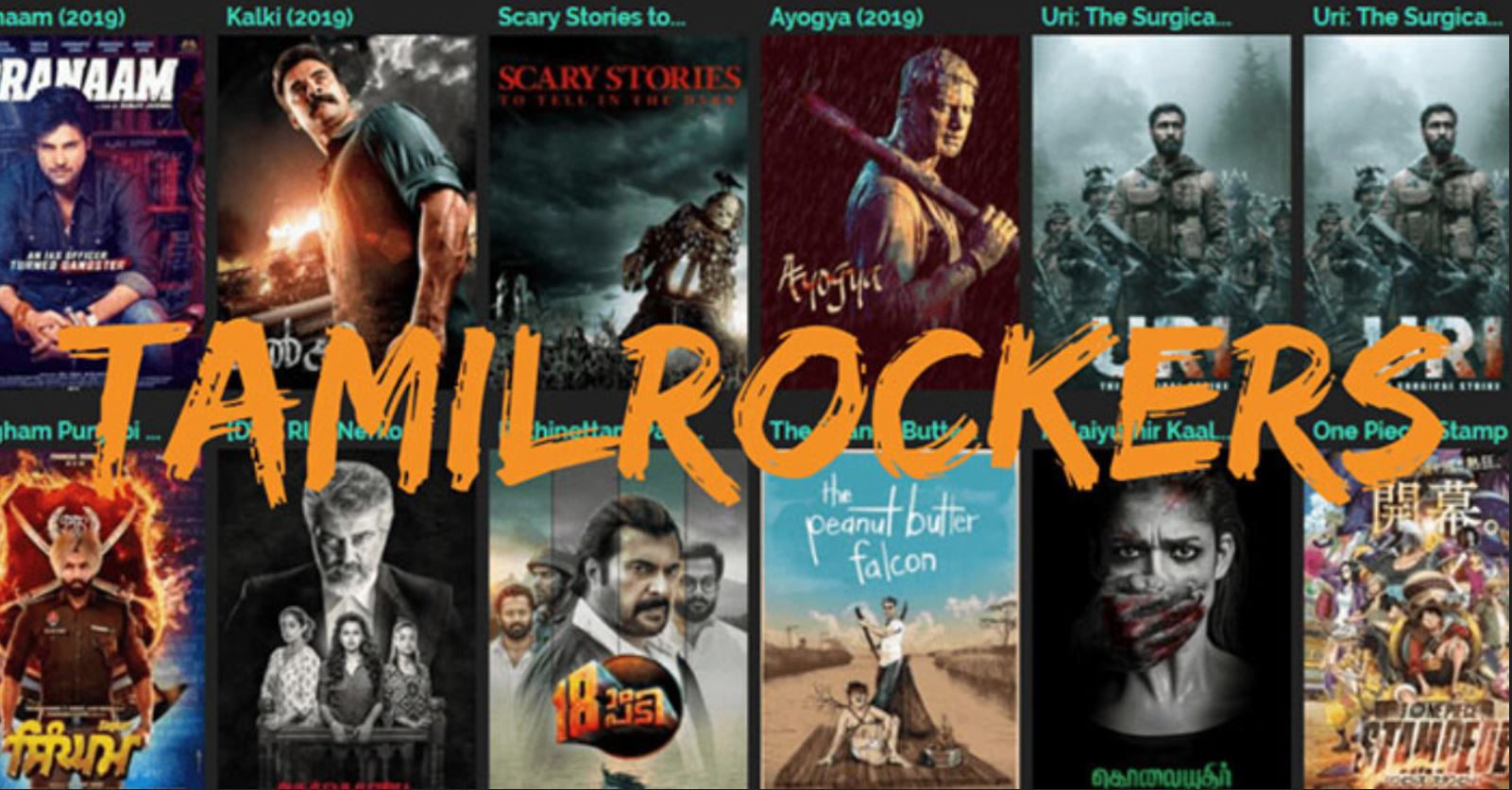Tamilrockers Proxy & Mirror Sites 2025
Is accessing geo-restricted content a frustrating digital maze? The answer lies in understanding the evolving landscape of proxy and mirror sites, particularly those catering to platforms like Tamilrockers and Tamilblasters. These sites, often operating in legal gray areas, offer a gateway to vast libraries of films and TV shows, attracting a global audience while simultaneously battling government crackdowns and evolving censorship techniques.
The allure of free content, particularly for audiences seeking regional cinema, fuels the demand for accessible platforms like Tamilrockers. This demand, in turn, drives the constant cat-and-mouse game between authorities and those operating these sites. The result? A complex network of shifting domains, proxy servers, and mirror sites designed to circumvent blocks and provide uninterrupted access. Understanding this dynamic is crucial for anyone navigating the digital entertainment landscape, particularly when it comes to accessing content not readily available through conventional channels. The implications extend beyond mere entertainment; they touch upon issues of intellectual property, digital piracy, and the ongoing battle for control over online content distribution.
| Site Name | Tamilrockers/Tamilblasters |
|---|---|
| Type | Piracy Website (Movies & TV Shows) |
| Status | Banned in several regions |
| Access Methods | Proxy servers, Mirror sites, VPNs |
| Content | Primarily Tamil, Telugu, Kannada, and Hindi films. Also hosts other regional and international content. |
| Risks | Legal repercussions, malware exposure, privacy concerns. |
| Reference | Wikipedia - Copyright Infringement |
As of April 2025, the pursuit of unblocked access to platforms like Tamilrockers continues. Users report a proliferation of new proxy links, purportedly offering seamless bypasses of restrictions. These claims, while enticing, must be approached with caution. The efficacy of such proxies is often fleeting, as authorities work to shut them down. Furthermore, engaging with such sites carries inherent risks, including potential exposure to malware and legal ramifications.
For those determined to access such content, understanding the technical mechanisms at play is essential. Proxies act as intermediaries, masking the user's IP address and making it appear as though they are accessing the site from a different location. Mirror sites, on the other hand, are duplicate versions of the original platform, hosted on different servers. Both methods aim to circumvent blocks, but their effectiveness and safety vary widely.
Services like iProVPN are often promoted in conjunction with these access methods. While VPNs can enhance online privacy and security, their use in accessing pirated content does not negate the legal and ethical implications. Connecting a VPN to a browser or application to access Tamilblasters, as some guides suggest, simply changes the user's apparent location; it does not legitimize accessing copyrighted material without authorization.
The ongoing struggle between platforms like Tamilrockers and authorities illustrates the broader challenges of regulating online content. Tamilblasters, for instance, has demonstrated remarkable resilience, resurfacing under new domain names despite repeated takedown efforts. This adaptability poses a significant hurdle for those seeking to curb piracy. The platform's enduring popularity stems from its extensive library and rapid availability of new releases, catering to a demand that legitimate streaming services often struggle to meet, particularly for regional cinema.
The discussion also extends to online communities and forums. Platforms like Reddit and Telegram become hubs for sharing updated links and discussing access methods. This decentralized information sharing further complicates enforcement efforts. While some users simply seek access to entertainment, others actively promote and facilitate piracy, blurring the lines between casual consumption and illegal distribution.
Metrics tracking website traffic, like the reported 6.27k visits to 1tamilblasters.online in March with an average session duration of two minutes, offer a glimpse into the scale of engagement with these platforms. However, such data often represents only a fraction of the actual usage, as many users employ sophisticated methods to mask their activity.
Ultimately, the pursuit of unrestricted access to platforms like Tamilrockers raises complex questions about the future of digital content distribution. Balancing the demand for accessible entertainment with the rights of content creators remains a significant challenge. As technology evolves, so too will the methods used to both distribute and restrict access to copyrighted material. The ongoing narrative underscores the need for a nuanced understanding of the legal, ethical, and technological dimensions of online piracy and the constant evolution of the digital landscape.


